It clearly demonstrated that it has the power to change the world’s dynamics.
I was there.
In fact, I was a participant – a sacrificial lamb.
Let me tell you the story.
In 1976 I was a young impressionist football player, the most unlikely person to be heading to the Olympic games.
Freshly minted by the Polytechnic Ibadan, and waiting for my call-up to the National Youth Service Corp scheme, I received an invitation summoning me to join the Green Eagles, the national football team, on tour in Europe.
The entire contingent in several sports including track and field, boxing, table tennis and wrestling were already on tours to different parts of Europe in a final preparation for the summer Olympics in Montreal, Canada.
I was in a trance. It was like dream.
Through some incredible circumstances akin to a miracle, at the very last ‘minute’ I replaced another player whose name had already been sent and registered for the games. That’s the effect of being ‘mathematical’ on the field of play, I guess!
That’s how I found myself heading to Europe for the first time, and onward to the biggest multi-sports event in the world, where only gods on Mount Olympus in ancient Greek mythology went and competed amongst themselves!
So, In July of 1976, I was with the gods in Montreal, experiencing some of the most exciting times of any young person’s life, amongst thousands of athletes from all over the world congregated in one place, bound by the spirit of friendship and competition between equals.
After 400 years of slavery and some 200 years of colonization and de-colonisation, it is only in sport that the Black person has managed to find a medium to demonstrate some level of parity in the world.
The Nigerian team was summoned to an emergency meeting on the eve of the opening ceremony of the games by the leader of the delegation, General Olutoye.
We were given the bombshell directive.
We were to go pack our bags immediately from our rooms and leave the Olympic games village. We were going back to Nigeria!
The world ended, for most of us!
20 countries, 17 of them from Africa, led by Nigeria, were boycotting the games in protest against the presence of New Zealand.
As we were at the games, the country had shunned a global ban of any sports contact with South Africa, and gone ahead on a Rugby tour to the country, resulting to the death of some 300 Black protesters in Soweto, South Africa.
The Supreme Council for Sports in Africa and the International Olympic Committee had failed to resolve the matter because rugby was not even an Olympic sport and was outside the jurisdiction of the IOC.
For the first time in history, Black African governments united in one voice and decided to pull their teams out of the games.
That was how we athletes found ourselves being turned back on the eve of our greatest moment in sport, our hard work and dreams blown away in the gust of a struggle to emancipate our brothers and sisters in South Africa, as well as the entire Black race from mental slavery.
The departure of Black Africans hit the games and the world very badly. It accentuated the fight against Apartheid and many years later played the biggest role in its final abolition.
Montreal ’76 ended as the worst Olympic games in history. No thanks to sport.
Sport did what decades of United Nations meetings, sanctions and policies could not do. It gave Black people in Africa an effective muscle that they could not muster in any other way, and a window into new possibilities into the future.
Montreal ’76 led to further isolation of South Africa. It also accelerated the end of Apartheid. It brought an end to the White supremacist government. It facilitated the release of Nelson Mandela after spending 27 years of his life in prison, and his emergence as the first Black President of a new South Africa.
In summary, Montreal ‘76, was a turning point in the world.
It drew global attention to the scourges of inequality and segregation and helped to bring an end to an oppressive system of government that was a carryover from the physical and mental enslavement of the Black race that had lasted close to 600 years and was still flourishing in South Africa.
I was there!
I saw it happen even though I did not realise its magnitude at the time.
In 1995, it happened again. This time I understood what it meant.
It was on the evening of August 26, 1995.
The Rugby World Cup had been awarded to South Africa.
It was the opening ceremony.
New Zealand (again) was to play South Africa.
Rugby was a mostly White man’s sport in South Africa.
The predominantly White Springboks, the national team of South Africa, was hated with a passion by the Blacks who saw it as a symbol of racism and a vestige of apartheid.
Nelson Mandela was now the President and no one was sure if he would attend the ceremony and a match with ‘Hate’written all over it, no matter how it was gleaned!
That day sport once again reared its fangs and impacted the world.
The atmosphere inside the Johannesburg Township stadium was electric. White spectators packed the stadium like sardines in a can.
Then it happened.
The tall and frail figure of a Black man wearing the green jersey of the Springboks walked onto the field with those unmistakable measured steps.
He stopped and waited for a few seconds as the stadium went silent.
He then waved to the stunned White crowd.
This was the man most hurt by what Rugby represented in the political history of South Africa.
There he was, clad in the official uniform of apartheid, a broad smile on his face, waving!
At the same time, millions of Blacks were watching on television all over the country, also riveted in unbelief.
The greatest symbol of their freedom was fraternizing with the greatest symbol of their oppression.
Then the ‘impossible’ happened.
It started with one little applause from a corner of the stadium. Then it became louder as more White hands joined in the clapping. It became progressively louder and louder until it reached a crescendo that reverberated around the stadium, and in every home in the country.
The whole country became an orgy of ecstatic celebration of a moment in time when a people came together, set aside their differences, their hurt, their painful past, and united around a White rugby team endorsed by their greatest Black leader.
It was so significant, the world changed at that moment.
That moment marked a turning point in the history of South Africa, brought about by the small act of one man using the power of sport to unite his people.
The words Nelson Mandela expressed on that day is today cast in marble, often quoted to inspire and to instil the spirit of unity in the world through sport.
‘Where the rules of the game are the same for everyone and behaviour is guided by fair play and good sportsmanship, Sport has the power to change the world.
It has the power to inspire. It has the power to unite people in a way that little else does. It speaks to the youth in a language they understand. Sport can create hope where once there was only despair. It is more powerful than government in breaking down (racial) barriers’. Nelson Mandela
Sport is not just an instrument of unity.
Taken further down the lane of creative thinking it could be the greatest catalyst for the emancipation of the Black person on earth from the prison of mental enslavement that has held him back for 650 years.
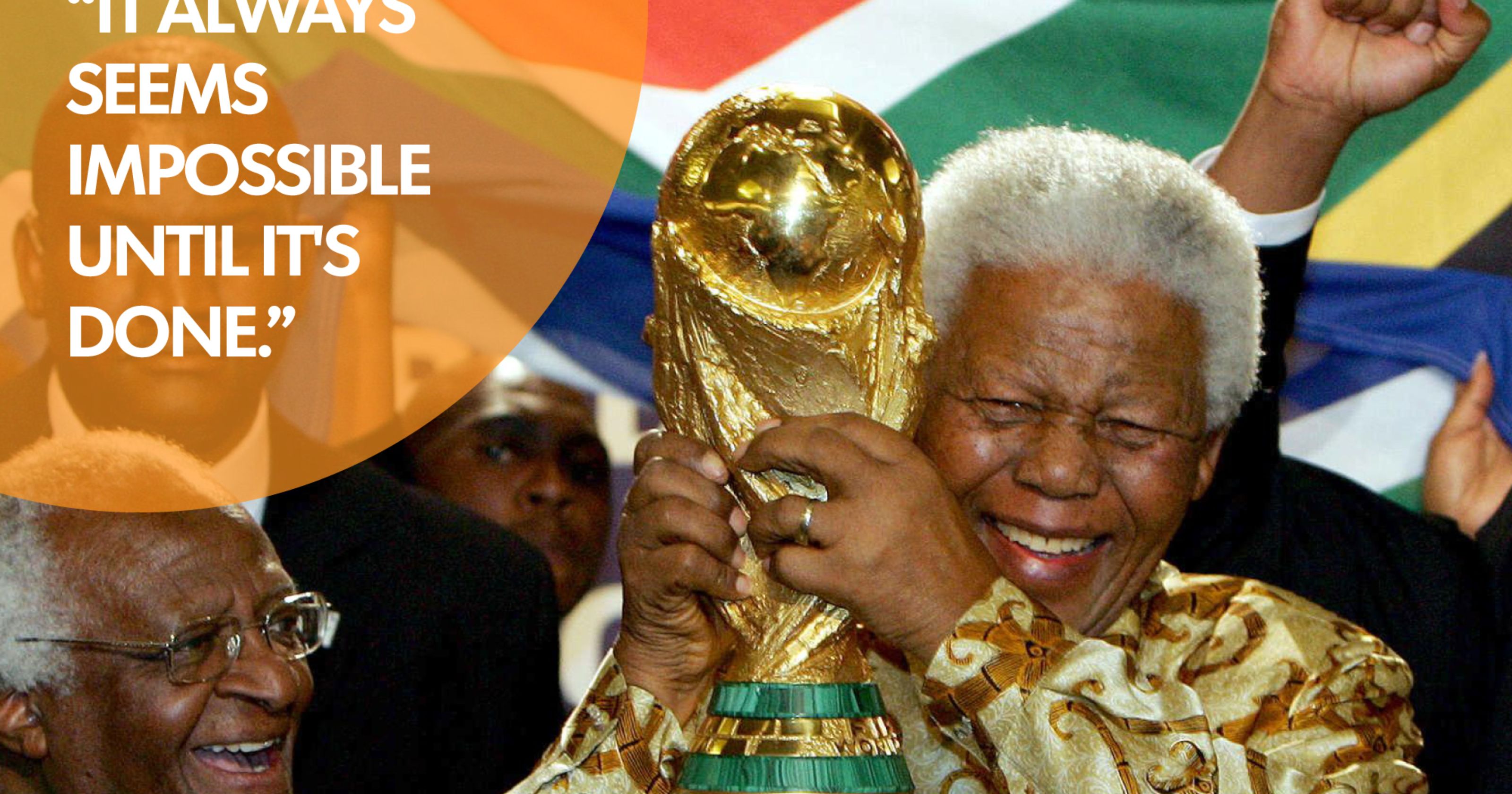
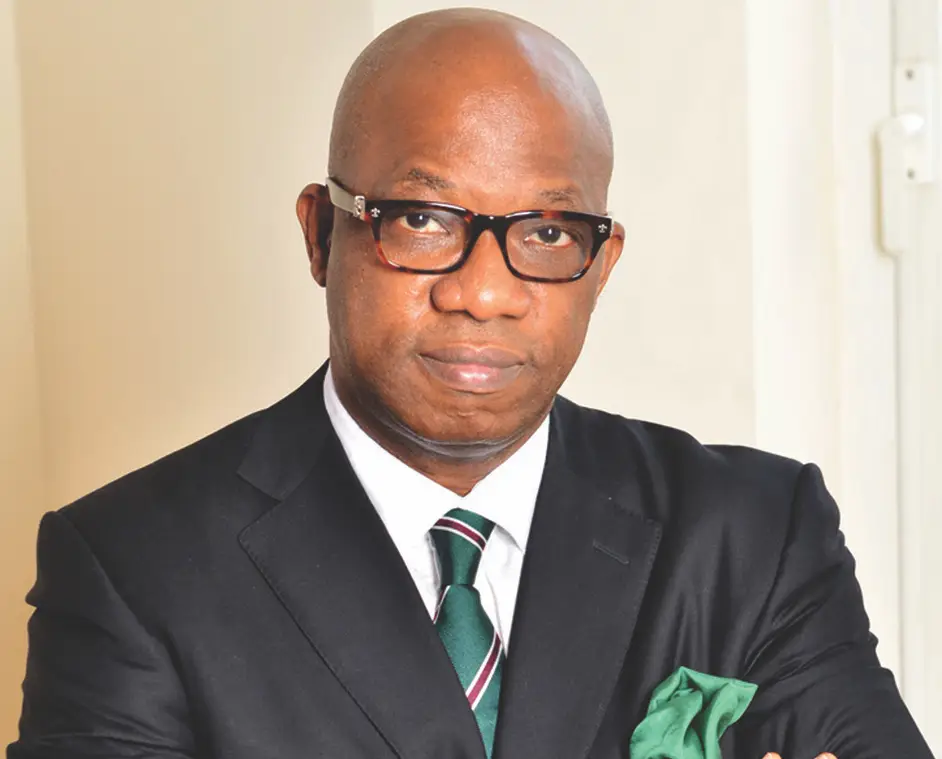
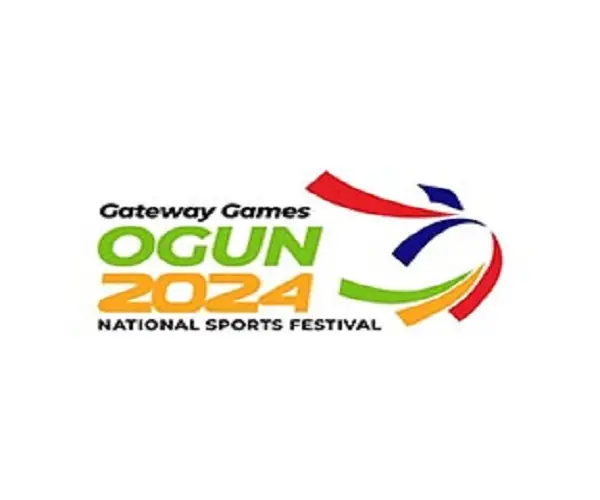
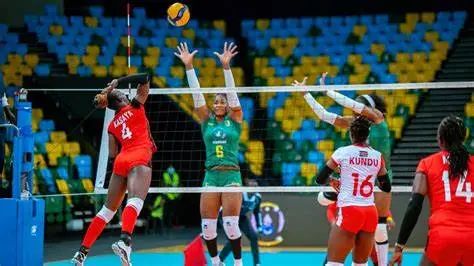

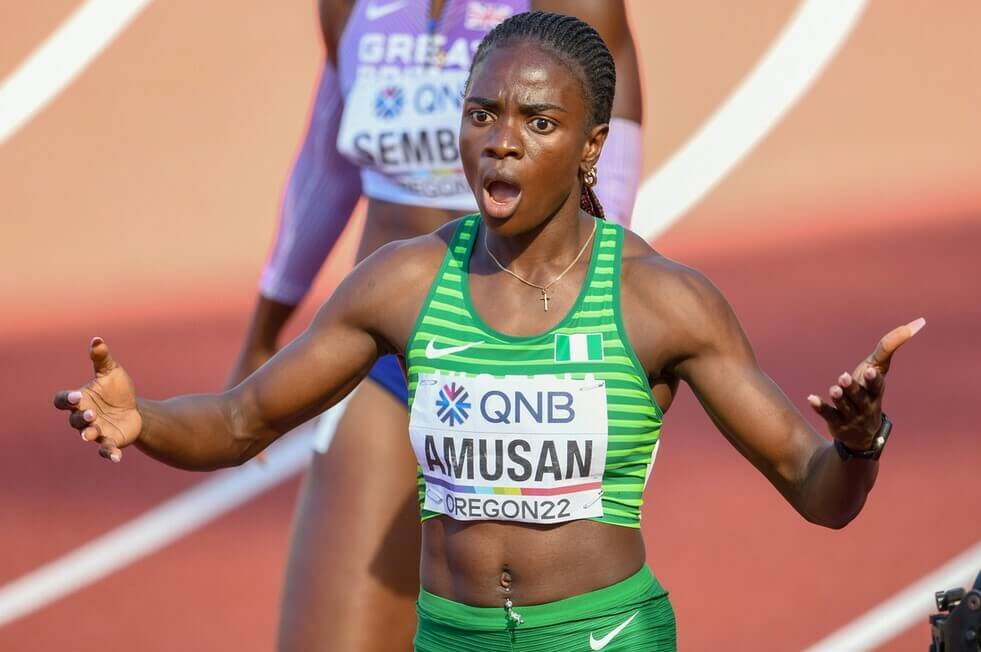



Big Seg, you’re always a delight to read. You amaze me with your engineering cum historical-journalism mind and writing. May the meditations of your heart and supplications of your mouth, be acceptable to God, in Jesus name.